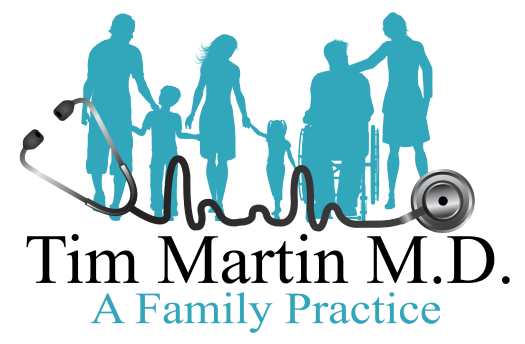Whether it is burning your dinner, breaking up with a significant other, or fighting off a mountain lion, stress comes into our lives in many shapes and forms. While stress can be helpful -like in giving us the adrenaline to fight off that mountain lion- there is also a negative side to stress that can lead to a host of mental and physical health problems.
Good and Healthy Stress
Let’s start with the good kind of stress. If we never experienced stress, we would be in big trouble. Stress, in its natural and normal form, assists our body’s fight or flight response to danger by increasing the levels of stress hormones in your body, specifically adrenaline and cortisol. With the increasing levels of hormones comes an increase in your heart rate, blood pressure, and a big boost of energy. Some situations in which it is natural and healthy to have a short-term increase in stress include:
- Fighting off an attack, like from another person or an animal
- Running a race or working hard very hard
- Rescuing another human from said Mountain Lion.
When is Stress Bad?
However, many of us don’t face these stressful situations everyday and still experience stress. Some of us experience stress on a more constant and long-term basis because of busy lifestyles or rough life experiences that last for longer periods of time, like juggling work and personal life responsibilities, the death of a loved one. While it can be normal to experience stress for longer periods of time when recovering from difficult or traumatic events, having stress that persists beyond these situations and that occurs on a daily basis is not good and is known as chronic stress.
Chronic Stress
Chronic stress is when stress continues for long periods of time without relief. . Chronic stress can negatively impact your body in the following ways:
- Bringing on insomnia and fatigue
- Weakening your immune system which causes you to get sick easier
- Increasing the odds of developing mental health illnesses, like
- Depression
- Anxiety
- Aches and pains that are from muscle tension (having tense muscles almost all the time)
- Gastrointestinal issues, like
- Heartburn
- Nausea
- Having noticeable changes in bowel movements
- Issues with fertility, menstruation and sexual functioning
- High blood sugar
- High blood pressure
- Increasing the risk of having a heart attack
- Frequent headaches that can become migraines
- Sudden weight gain or loss
- Problems with remembering things
- Focusing issues
Some situations that can cause chronic stress -but may not, it varies from person to person- include:
- Stressful work environment
- Finances
- “Work and life balance”
- Traumatic situations, like
- Natural disaster
- Sudden loss of a loved one
- Sudden loss of security (like a house burning down from a fire or stock market crash)
- Prolonged stressful experiences, like
- Chronic Health Conditions
- Divorce
- Fired from a job
If you or someone you know are experiencing any of these symptoms of chronic stress, please know that it is completely normal and encouraged to reach out for help managing it! That’s doesn’t always mean medication!
Lenora Taylor, Nurse Practitioner has begun offering Stress Reduction and Management at Dr. Martin’s medical office! We encourage you to reach out for a consultation with Lenora Taylor.
We aren’t always taught how to manage stress without medication and that is a problem we aim to fix!
Calling us at: 325-232-8675
Texting us: 325-268-0650
Visiting us: Tim Martin M.D. 2110 N. Willis St # B, Abilene, TX 79603
Monday, Tuesday, and Thursday 8:30am – 12:30pm, 1:30pm – 5pm
Friday 8:30am-12pm
Closed Saturday and Sunday
Wednesday for telemed appointments only
Sources:
